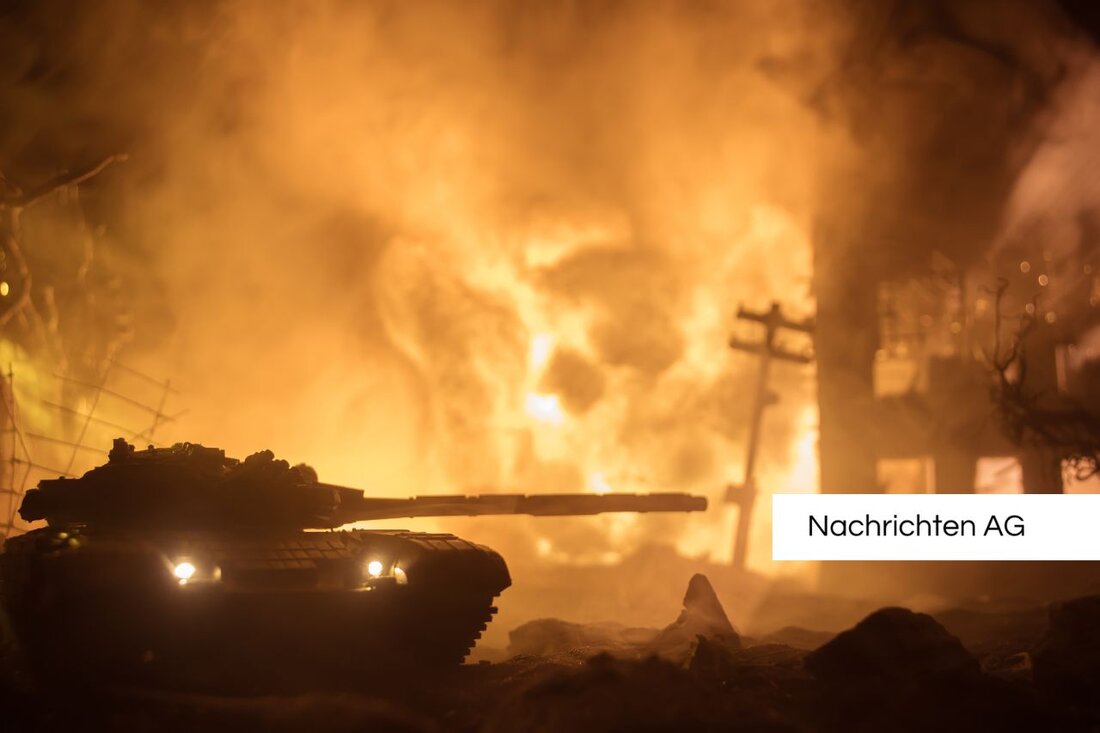70 års statliga kontrakt: Unga människor kräver tydlighet för neutralitet!
70 års statliga kontrakt: Unga människor kräver tydlighet för neutralitet!
Wien, Österreich - Den 24 juni 2025 ägde en viktig händelse i National Council Hall, som riktade sig till republikens unga människor. Här hade cirka 190 studenter möjlighet att ifrågasätta experter på frågor om statskontraktet, som undertecknades för 70 år sedan. The event, moderated by Bianca Ambros, news moderator at Puls 4 and Puls 24, is already the third of its kind and is aimed at the younger generation to promote their interest in political issues. Liknande format genomfördes redan före EU -valet och det nationella rådets val.
Det centrala temat för denna dialogrundan var österrikisk neutralitet och dess samtida relevans. In his opening address, parliamentary director Harald Dossi reminded of the end of the Second World War 80 years ago and the associated restoration of Austria's sovereignty by the state treaty of 1955. In this context, Christoph Konrath, head of the Department of Parliamentary Science, explained the fundamental science work, such as the state contract, human rights, democracy and neutrality.
experter och deras insikter
The discussion was enriched by two experts: Lucile Dreemy from the Institute for Contemporary History at the University of Vienna and Martin Senn from the Institute for Political Science at the University of Innsbruck. Professor Senn characterized the Cold War as a central factor for the creation of the state contract, while Professor Dreemy found that there were hardly any surveys at the time to record public opinion on neutrality. En gymnasieelever ställde frågan om behovet av neutralitet idag. Senn betonade att svaret var komplicerat och att FN: s roll förblir av stor betydelse i detta sammanhang.
En annan oro för eleverna var deltagande i demokrati. Senn uppmuntrade deltagarna att aktivt engagera sig i politiska processer. Professor Dreemy referred to the alarming number of 1.5 million people who were not entitled to vote in Austria in the previous year - a fact that endangers democracy.
dimensioner av neutralitet
Diskussionen om neutralitet i Österrike har också ett stort intresse utöver evenemanget. Martin Senn beskriver olika dimensioner av neutralitetspolitiken: tolkning, attraktivitet och avskräckande. Dessa aspekter upplever en förändring genom inhemska debatter och den geopolitiska ramverket. Enligt Senn har det varit för lite diskussion om österrikisk neutralitet under de senaste 25 åren. En punkt som eleverna också intresserade.
The development of Austrian neutrality indicated in four phases: from consolidation in 1955 to expansion in the 70s and 80s to stagnation since the mid-2000s. This process illuminates how Austria redefined its neutrality according to the east-west conflict and how membership in the EU and NATO partnership with peace missions were not considered in contradiction to neutrality.
The comprehensive consideration of Austrian neutrality by the experts and the commitment of the young people during the event illustrate the relevance and the challenges that Austrian society is facing today. Det gemensamma målet återstår att skydda arvet från statskontraktet och att ytterligare utöka demokratin.
Festerna relaterade till statskontraktet uttryckte också olika politiska storlekar. Utrikesminister Leopold Figl sade den 15 maj 1955: "Österrike är gratis", som lade grundstenen för en lång tradition av neutralitet. Kansler Stocker betonade vikten av neutralitet, medan rektor Andreas Babler såg henne som en order för att skydda demokratin. I en ceremoni tillägnad statens fördrag kom den tidigare federala presidenten också ihåg de sociala och politiska utmaningarna i tiden.
These events and the ongoing discussion about Austrian neutrality underline the need for a respectful dialogue about the future of the nation and the active design of its political identity.
For more information about the discussion on Austrian neutrality, please read parlament.gv.at and [orf.://orf.at/stories/3393675/).
| Details | |
|---|---|
| Ort | Wien, Österreich |
| Quellen | |


Kommentare (0)